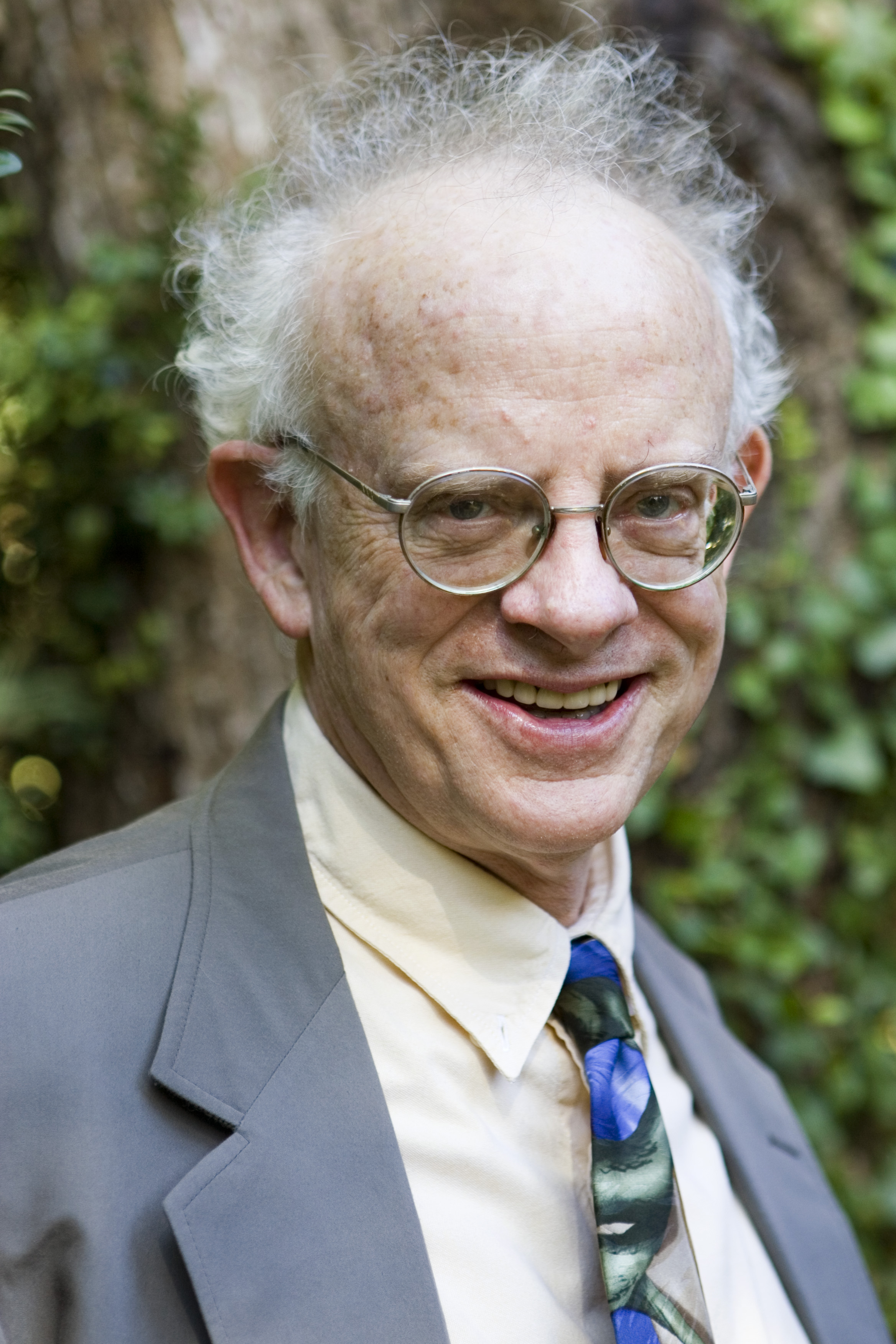Last summer, West Africa fell into the grip of a deadly outbreak of Ebola that has thus far taken the lives of more than 9,500 people. The fear swept up by the epidemic quickly jumped across the Atlantic and landed in the United States as people who had been in Africa traveled home.
Local, regional and national debate over quarantine procedures quickly erupted and it became clear there was no consensus on policy. Who should be quarantined? For how long? These were some of the questions taken up by the Presidential Commission for the Study of Bioethical Issues, whose members – including the University of Virginia’s John D. Arras – issued a national report late last month on how the Ebola outbreak should inform future U.S. responses to global public health emergencies.
It recommended three strategies:
- Strengthen the capacity of the World Health Organization to respond global health emergencies;
- Identify and empower a single U.S. health official to be accountable for all federal domestic and international public health emergency response activities;
- Strengthen the deployment capabilities of the U.S. Public Health Service.
Arras, Porterfield Professor of Biomedical Ethics and professor of philosophy and public health sciences, has served on the commission since its formation in 2010 and talked with UVA Today about the results of the report, how the commission works and how it links to his teaching at U.Va.
Q. The presidential commission said the federal government has a prudential and moral responsibility to actively participate in global responses to public health emergencies wherever they arise. Why should the United States be concerned about an epidemic in West Africa?
A. Two kinds of concerns came together. One is humanitarian and justice-based. We are a well-off country and we have an economic obligation to alleviate suffering elsewhere. The second reason is prudential. It is in our national interest to be concerned about these types of epidemics because they do not respect borders. As we saw last summer and fall, it can cause problems in the United States. The way to stem the tide of Ebola is to do it in West Africa.
Q. What are the commission’s recommendations regarding quarantine?
A. The commission is recommending governments and public health organizations employ the least restrictive means necessary based on the best available scientific evidence.
Q. Nurse Kaci Hickox returned to the United States after treating Ebola patients in Sierra Leone and gained national attention when she refused quarantine in Maine after showing no symptoms and a negative blood test. What is your take on that situation?
A. Here you have a nurse working for Doctors Without Borders, selflessly going to one of these dangerous hot spots, and when she comes back to the United States is treated like a pariah. Often the politicians making these quarantine judgments are doing so on political grounds. You want a policy to encourage health workers to join the fight and what these measures do is the opposite. We believe a lot of the reaction has not been based on science; it has been based on hysteria.
Q. How does the commission get its work done?
A. We begin with topic selection. Requests are often handed down from the White House, but sometimes we propose our own projects. We then hold several of our quarterly meetings on a given topic, inviting major players and stakeholders to participate in our deliberations.
One nice thing about working for this commission is that we can get top-flight speakers. Anthony Fauci, the director of the National Institute of Allergy and Infectious Diseases at NIH, addressed a meeting in November. Helene Gail, the president of Care, also spoke to us.
Q. What will happen with the report now?
A. All we can do is make our recommendations. We think they can assist in future health emergencies. Sometimes commissions issue reports and insist on action by a certain date. We did not do that here, but one of the themes woven through all of our sessions was the importance of preparing now for the next big thing. It’s hard to predict when or where, but we just know it’s going to happen.
Q. Do you think your work on the commission has had an impact in the classroom?
A. All of this work has enriched my scholarship and teaching. I built a seminar on neuroscience and the law that is a direct result of my work on the commission. I taught it last fall with psychiatry professor Donna Chen to a group of advanced undergraduates. We had about 12 students total, six in cognitive science and six in philosophy. It was really fun.
Media Contact
Article Information
March 4, 2015
/content/arras-bioethics-commission-us-must-respond-global-health-outbreaks

